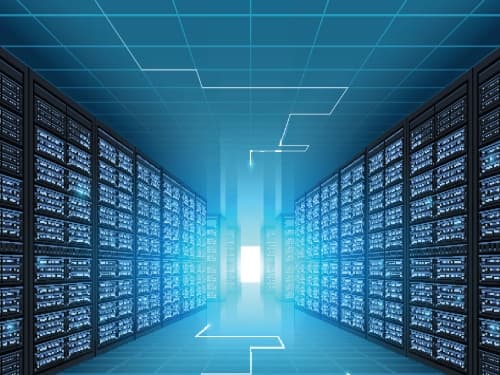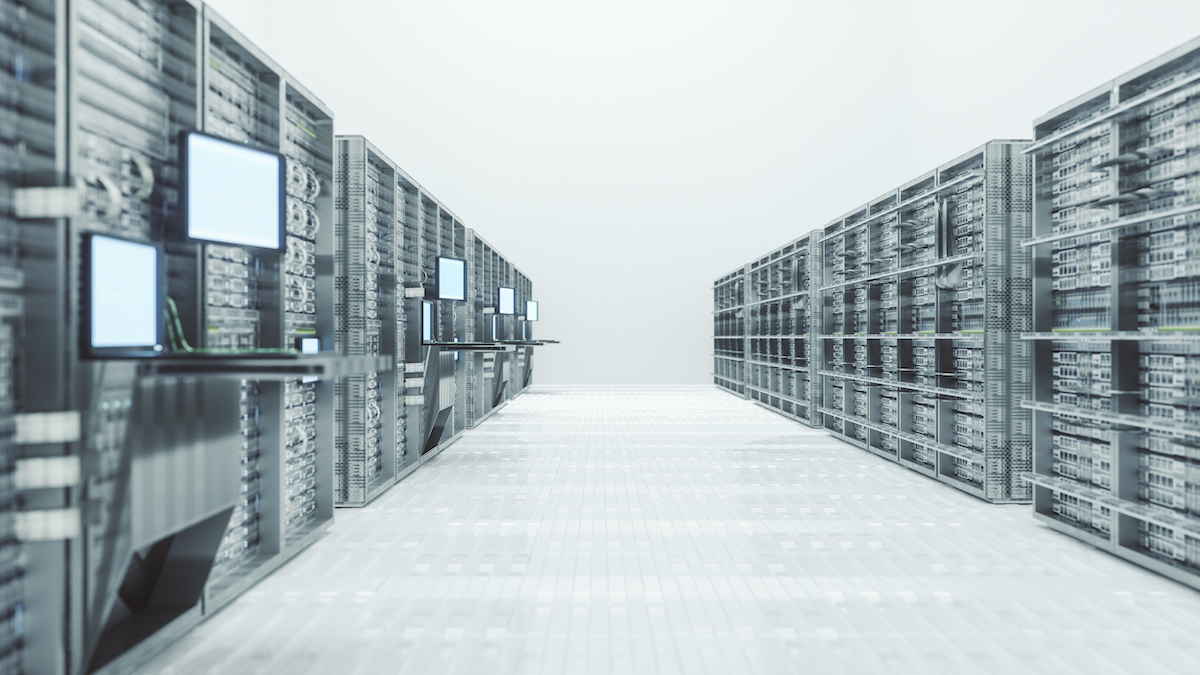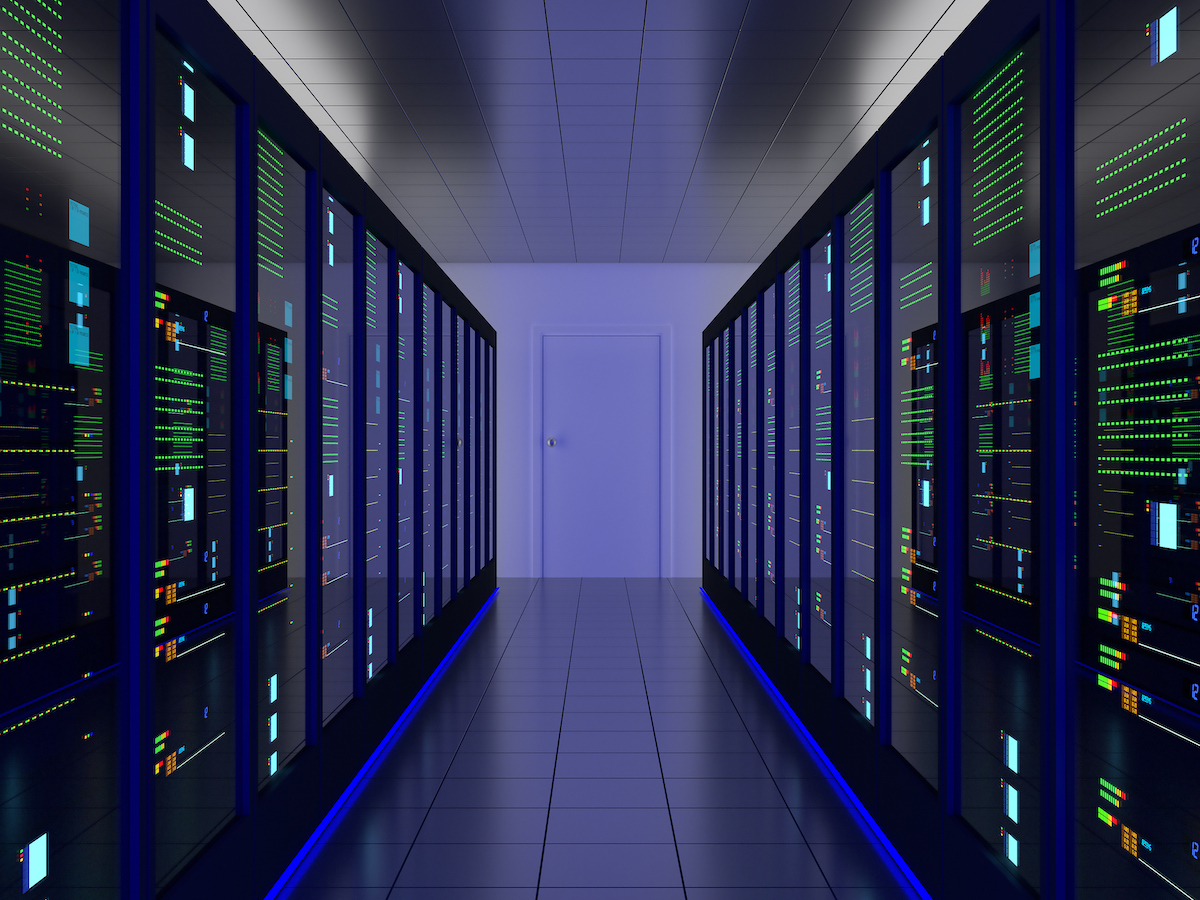Understanding Data Center Sustainability

The explosion of data and digital consumption in the last decade has dramatically increased the number of data centers, which have been described as the factories of the digital age. And just like traditional factories in their early days, data centers take their toll on the environment.
Environmental organizations and the media have been raising awareness of the problem. As a result, major industry players are taking steps toward better sustainability. Their customers —organizations like yours — need to become part of the solution. As you continue to rely more on data, you need to consider the sustainability of your data centers.
Environmental Impacts of Data Centers
Based on current trend estimates, U.S. data centers are projected to consume approximately 73 billion kWh in 2020.
But while many data centers are becoming more energy efficient by switching to clean and renewable energy to lower their carbon footprint, they still take huge amounts of water to run.
The Business Case for Data Center Sustainability
A sustainable data center is not just good for the planet. Businesses receive benefits as well, including:
- Reduced costs: A company that is environmentally responsible runs more efficiently. A lower use of resources such as water and electricity results in direct cost savings for capital expenditures and operations. Often times, there are also tax incentives for green initiatives.
- Improved brand reputation: Consumers are savvier about the companies they patronize. Social responsibility now ranks high among their priorities. And the increased scrutiny from regulators and media serve to enhance customers’ awareness even more. Sustainability is a matter of business competitiveness.
Sustainable Data Center Practices
PUE, or power usage effectiveness, has been a focus metric in the industry for many years. Many companies see third-party certification such as LEED or ENERGY STAR as a starting point to help them implement green practices at their facilities.
But sustainability is not an all-or-nothing proposition, and there are a number of steps that can lead to a long-term goal of sustainability. These steps may include:
- Committing to sustainable practices and determining the long-term objectives.
- Striving to eliminate reliability on fossil fuels and supporting the local utilities’ efforts to switch to renewable energy.
- Choosing colocation (multi-tenant) facilities that have the lowest PUE in the region.
- Taking advantage of new cooling technology and utilizing “air-side” or “water-side” “free cooling” when available.
OneNeck is committed to operating efficiently and seeking innovative ways to reduce our environmental footprint. Sustainability is one of our key objectives when meeting the needs of our customers.
Our data center in Bend, Oregon; for example, has LEED Gold and ENERGY STAR certifications. We strive for all of our data centers to run as efficiently as possible and we’re continuously seeking new ways to reduce our environmental impact.
Interested in data center colocation? Check out Colocation: An Ultimate Buyers’ Guide.



